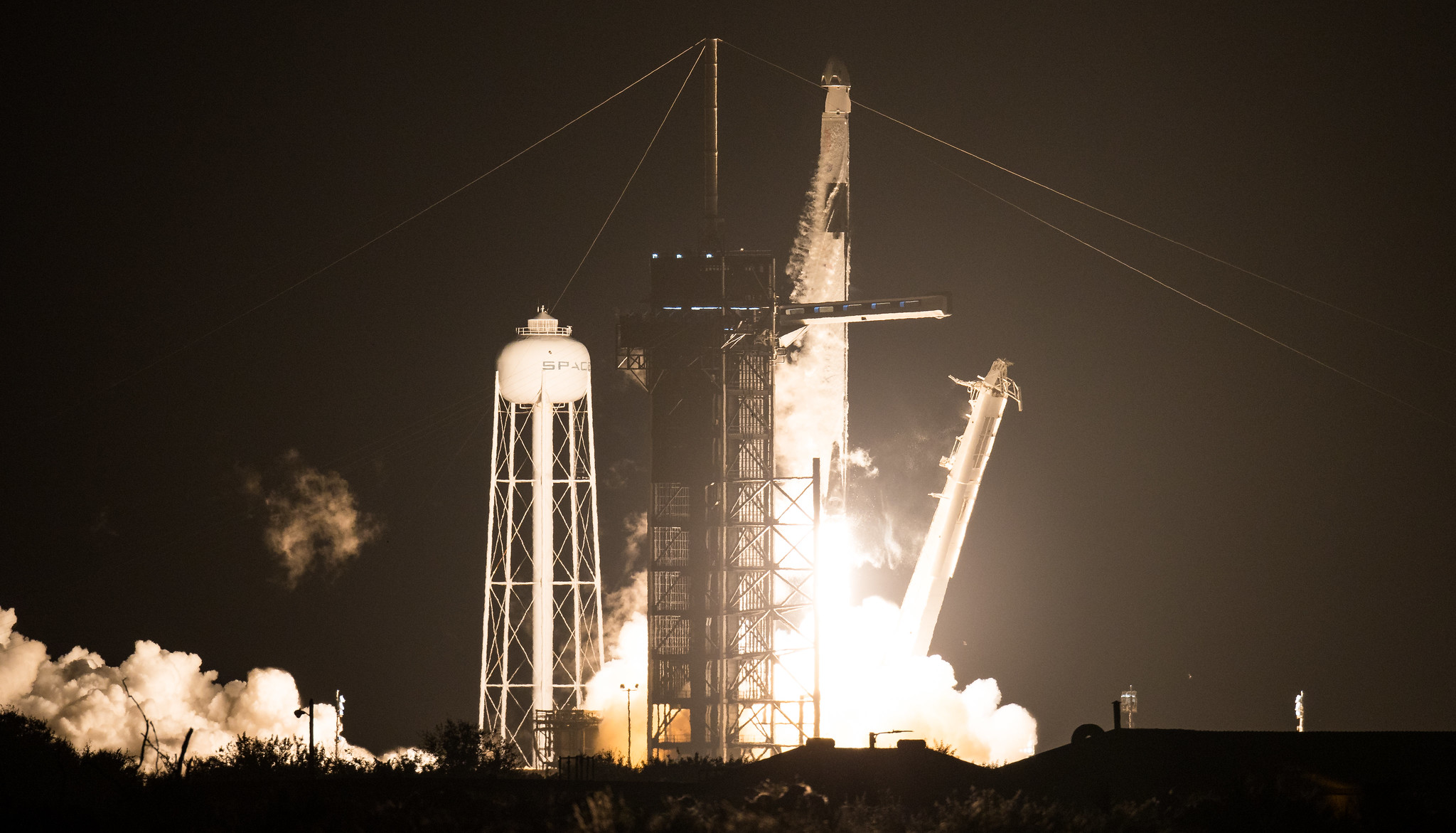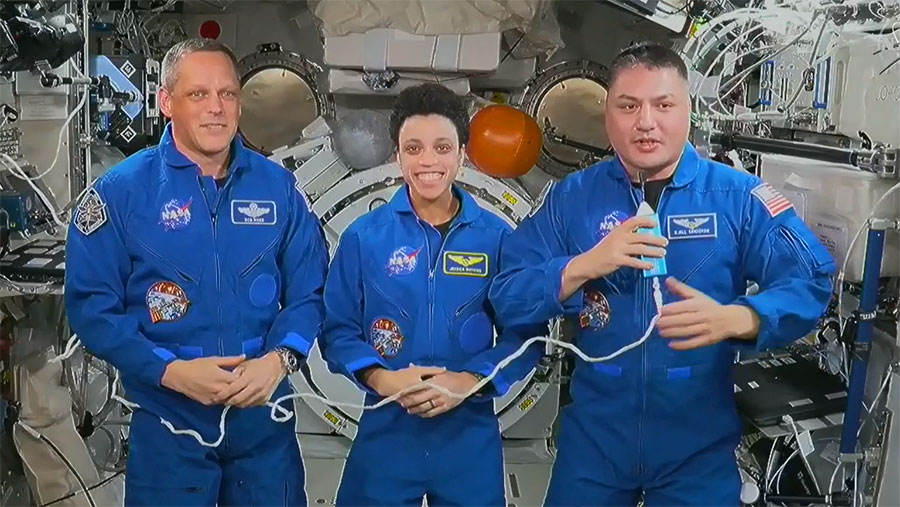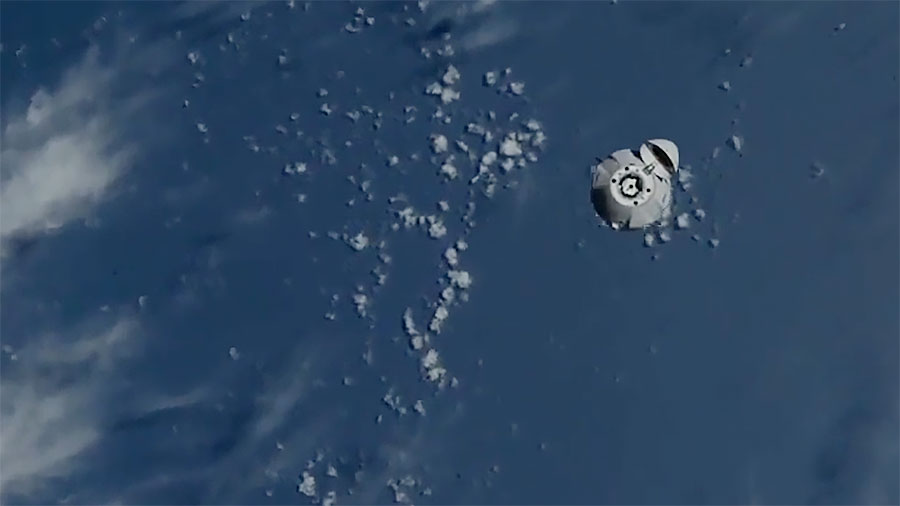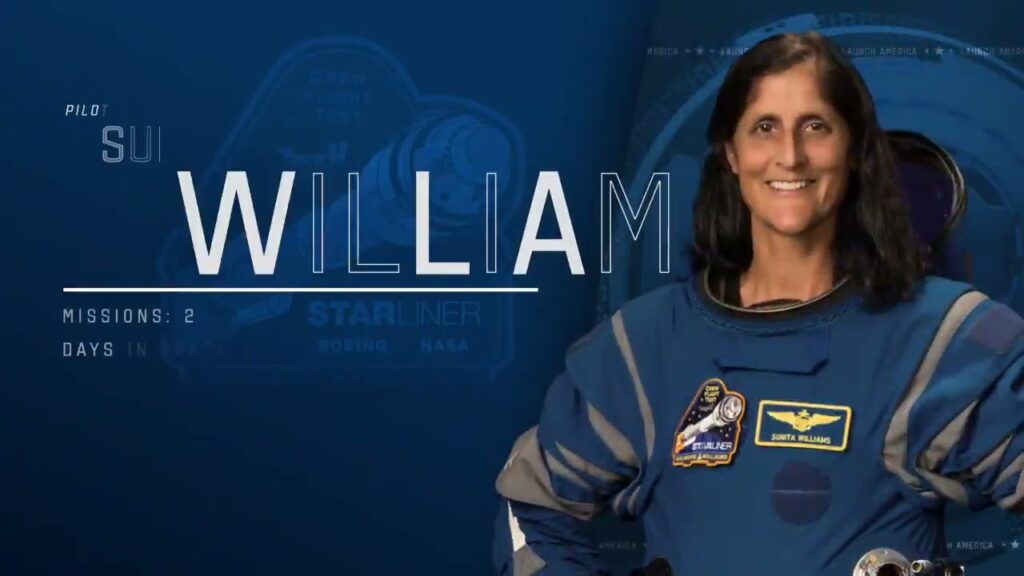
New research and technology demonstrations for NASA are set to launch aboard the agency’s SpaceX 30th commercial resupply services mission to the International Space Station. Launch is targeted for 4:55 p.m. EDT Thursday, lifting off from Space Launch Complex 40 at Cape Canaveral Space Force Station in Florida. The U.S. Space Force 45th Weather Squadron predicts a 90% chance of favorable weather conditions at the launch pad for liftoff.
Live launch coverage will air on NASA+, NASA Television, the NASA app, YouTube, and the agency’s website. Learn how to stream NASA TV through a variety of platforms including social media.
SpaceX’s Dragon spacecraft will carry more than 6,000 pounds of cargo, including new science investigations, supplies, and equipment to the international crew aboard the orbiting laboratory. NASA and its partners will send studies aboard the mission on plant metabolism in space and a set of new sensors for free-flying Astrobee robots to provide 3D mapping capabilities. Other research includes a fluid physics study that could benefit solar cell technology and a university project from CSA (Canadian Space Agency) that will monitor sea ice and ocean conditions.
At the Baikonur Cosmodrome in Kazakhstan, the March 21 launch of the crewed Soyuz-25 spacecraft to the International Space Station with NASA astronaut Tracy C. Dyson, Roscosmos cosmonaut Oleg Novitskiy, and spaceflight participant Marina Vasilevskaya of Belarus was automatically scrubbed by ground support equipment due to low voltage reading in the Soyuz rocket electrical system. The next available launch opportunity is Saturday, March 23, pending completion of State Commission review for the Roscosmos launch. More information will be provided as available.
Learn more about station activities by following the space station blog, @space_station and @ISS_Research on X, as well as the ISS Facebook and ISS Instagram accounts.
Get weekly updates from NASA Johnson Space Center at: https://roundupreads.jsc.nasa.gov/
Get the latest from NASA delivered every week. Subscribe here: www.nasa.gov/subscribe




